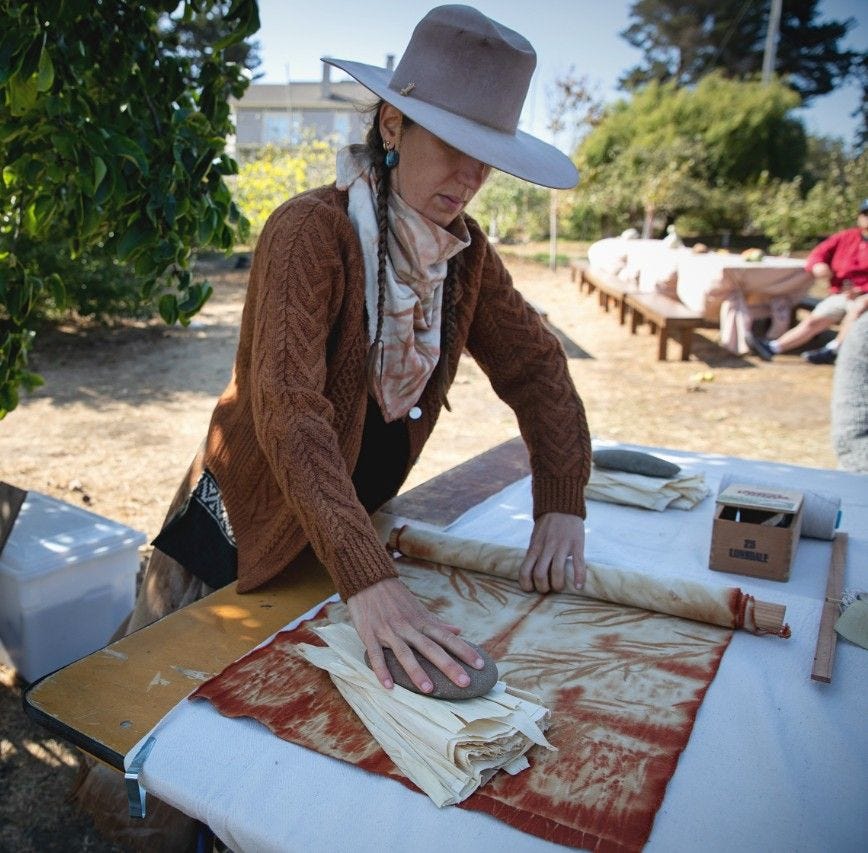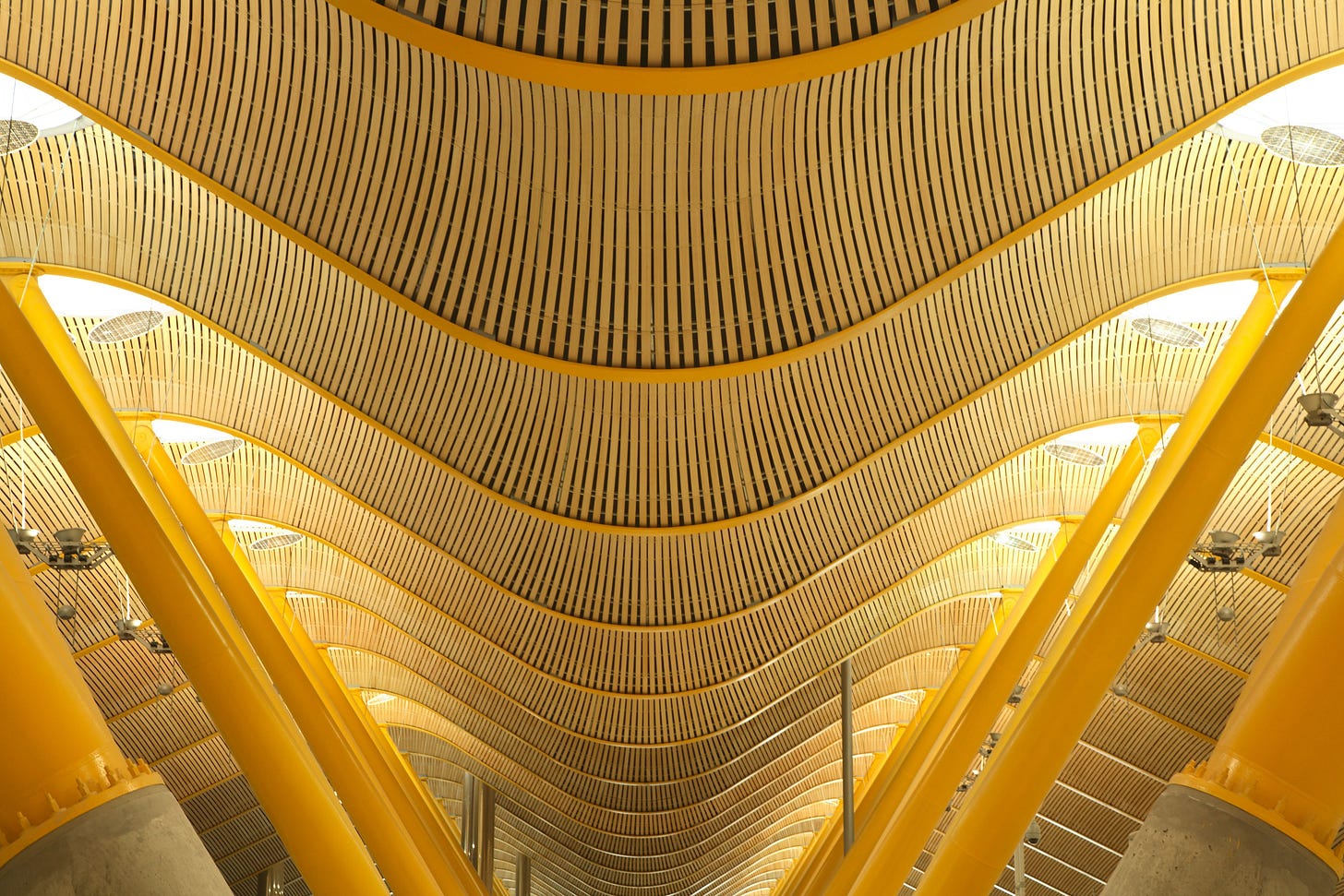"Slow Fashion and Place-Based Economies," with Fibershed's Rebecca Burgess
The founder and executive director of Fibershed discusses slow fashion's challenges, and what she learned from a year of wearing only clothing produced within 150 miles of her home.

“We need people to understand the severity and the gravity of chasing cheap and chasing fast.” - Rebecca Burgess
Dear Friends,
Fibershed, the organization founded led by Rebecca Burgess, quickly became one of the sustainability movement’s most stunning success stories. Our interview with Burgess is pulled from our archives, and is available to all subscribers at no charge.
We always welcome your thoughts and suggestions, which you can offer in a comment, by tagging us in Substack Notes, or via email. Thank you for reading and sharing our stories, for supporting our work with a paid subscription if you can, and for being such a loyal part of the Craftsmanship community.
Sincerely,
Todd Oppenheimer
Publisher & Editor-in-Chief, Craftsmanship Magazine
Rebecca Burgess is the executive director of Fibershed, an internationally recognized nonprofit focused on transforming the clothing and textile system—and a longtime partner of The Craftsmanship Initiative. Burgess is also the author of two books, as well as a vocationally trained weaver and natural dyer. She sat down with Craftsmanship to talk about price and privilege when it comes to “slow fashion”; why the world can no longer afford fast fashion; and what she learned from a year of only wearing clothing produced within 150 miles of her home.
We hope you’ll enjoy listening to “Slow Fashion and Place-Based Economies,” with Fibershed’s Rebecca Burgess, interviewed by Chris Egusa in 2021. This interview is available to play or download right here on Substack, on our website, or wherever you like to get your podcasts—including Apple and Spotify.
ICYMI…
Watch: "The Possibilities of Building with Bamboo," with Bhavna Sharma
From simple, rural homes to some of the world's busiest airports, bamboo construction has come a long way. What else is possible with this renewable, sustainable, underutilized material?
Listen to: "Urban Building with Bamboo—A 'Lofty' Design Challenge," with Jonas Hauptman
Renewable, carbon-saving bamboo is a common raw material in home goods, clothing, and more. But this inventor is trying to take bamboo to new heights—in the construction of modern, mid-rise buildings.
Craftsmanship Magazine focuses on master artisans and innovators whose work informs our quest: to create a world built to last. In addition to our Substack offerings, you’ll find a rich archive of stories, podcasts, photo essays, and documentary shorts on our free website—along with community resources like our Artisans’ Directory, our guide to U.S.-based craft & folk schools, and much more.









